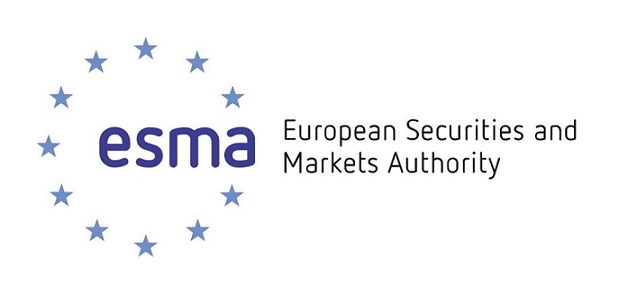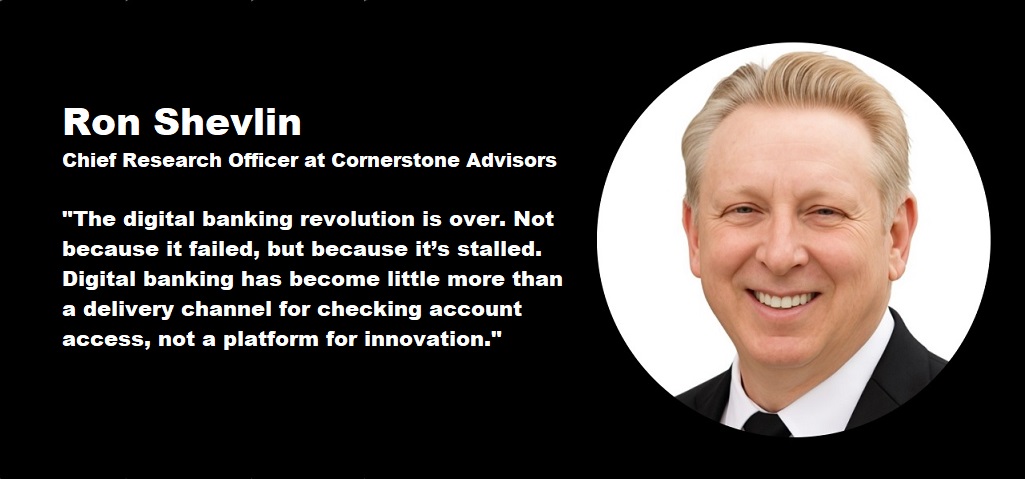EU financial regulators warn against risks for EU financial markets: Brexit, cyber-attacks and climate change

The securities, banking and insurance sectors in the European Union (EU) face multiple risks, the latest report on risks and vulnerabilities by the Joint Committee of the European Supervisory Authorities (ESAs) shows.
The ESA report for the second half of 2017 outlines the following risks as potential sources of instability:
. sudden repricing of risk premia as witnessed by the recent spike in volatility and associated market corrections;
. uncertainties around the terms of the UK’s withdrawal from the EU; and
. cyber-attacks.
The ESA report also reiterates their warning to retail investors investing in virtual currencies and raises awareness for risks related to climate change and the transition to a lower-carbon economy.
In light of the ongoing risks and uncertainties, especially those around Brexit, supervisory vigilance and cooperation across all sectors remains key. Therefore, the ESAs advise the following policy actions by European and national competent authorities as well as financial institutions:
. Against the backdrop of the potential for sudden risk premia reversals, supervisory stress testing remains a crucial tool for the management of systemic risk – these tests are to ensure that systemically relevant sectors and players are safe to withstand market shocks, such as insurance and occupational pensions sectors, central counterparties (CCP), banks and in the future asset managers;
. Brexit: the ESAs recommend EU financial institutions and their counterparties, as well as investors and retail consumers, to consider timely mitigation actions to prepare for the UK’s withdrawal from the EU – including possible relocations and actions to address contract continuity risks;
. Cyber security: the ESAs encourage financial institutions to improve fragile IT systems, explore inherent risks to information security, connectivity, and outsourcing. To support this, the ESAs will continue addressing cyber risks for securities, banking and insurance markets and monitor firms’ use of cloud computing and potential build-up of cyber risks; and
. Climate change: the ESAs recommend financial institutions to consider sustainability risk in their governance and risk management frameworks and to develop responsible, sustainable financial products – moreover, supervisors should enhance their analysis of potential risks related to climate change for the financial sector and financial stability.
Background
The Joint Committee is the forum for cooperation between the European Banking Authority (EBA), European Securities and Markets Authority (ESMA) and European Insurance and Occupational Pensions Authority (EIOPA), collectively known as the European Supervisory Authorities (ESAs).
Through the Joint Committee, the three ESAs cooperate regularly and closely to ensure consistency in their practices. In particular, the Joint Committee works in the areas of supervision of financial conglomerates, accounting and auditing, micro-prudential analyses of cross-sectoral developments, risks and vulnerabilities for financial stability, retail investment products and measures combating money laundering. In addition, the Joint Committee also plays an important role in the exchange of information with the European Systemic Risk Board (ESRB).
Source: ESMA
Dariusz Mazurkiewicz – CEO at BLIK Polish Payment Standard
Banking 4.0 – „how was the experience for you”
„To be honest I think that Sinaia, your conference, is much better then Davos.”
Many more interesting quotes in the video below:










